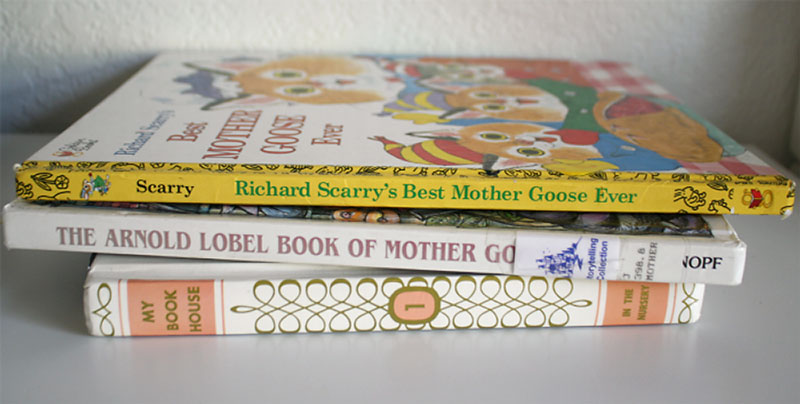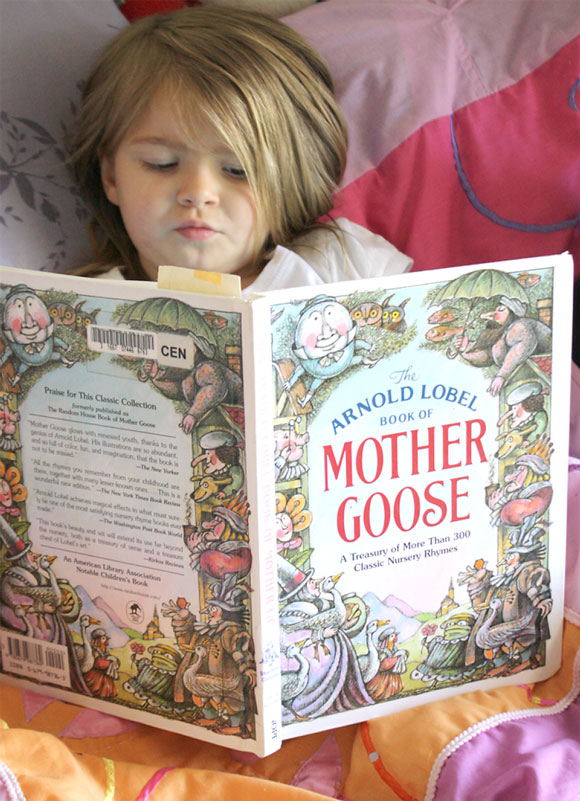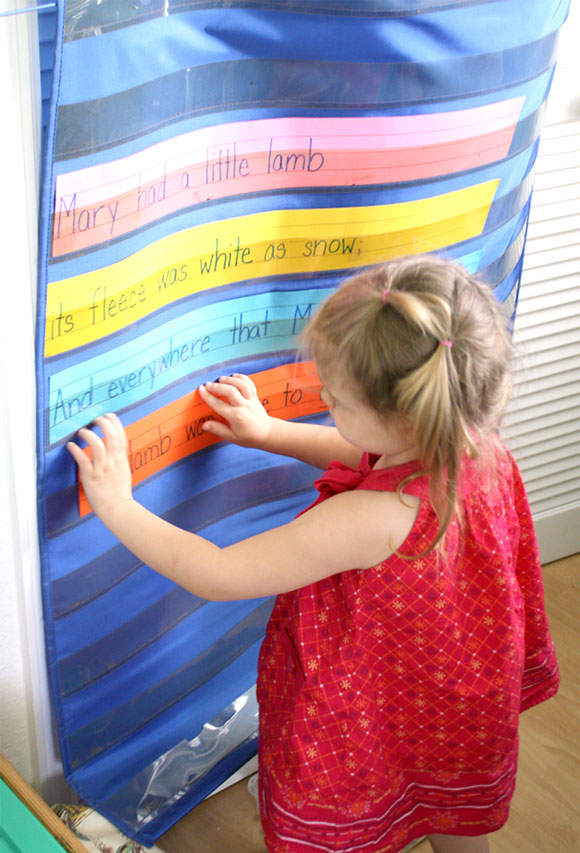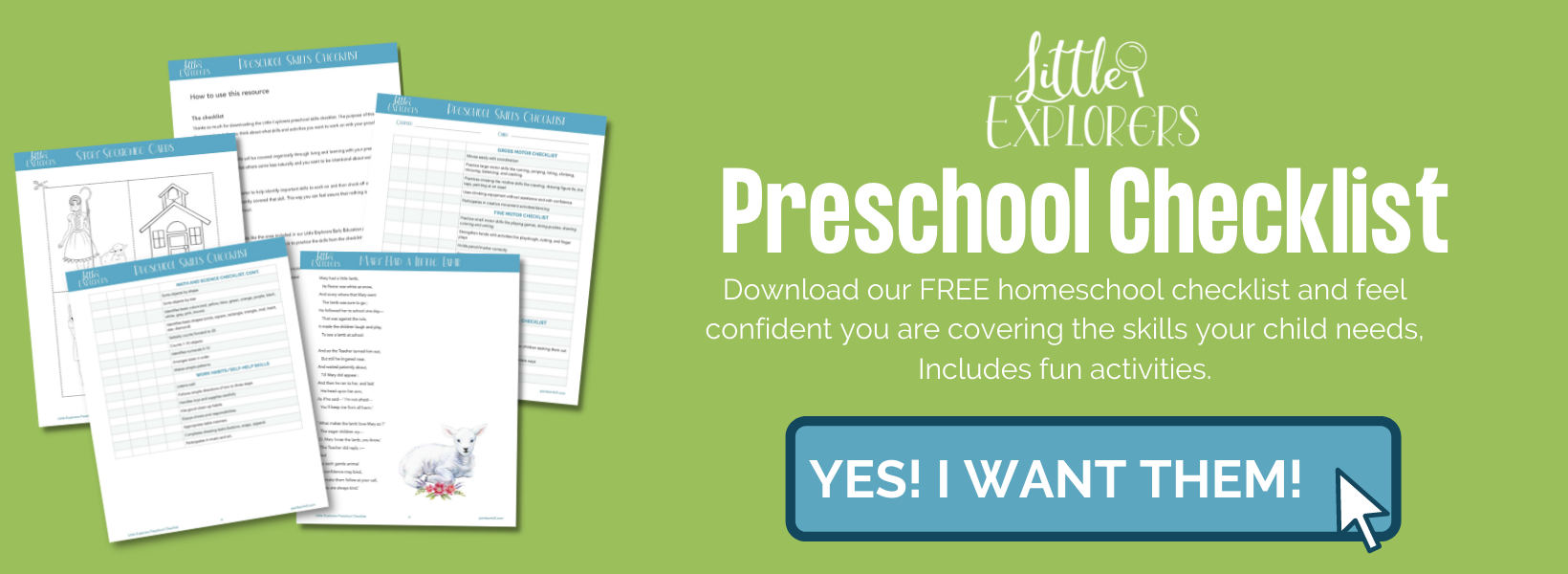
If you’re the parent of a toddler or preschooler, then you probably learned early on that you can’t easily escape nursery rhymes.
These ditties seem fairly innocuous at first, but it doesn’t take long before you’re going bonkers from hearing “The Itsy Bitsy Spider” for the 4,783rd time.
You start to wonder why you’re allowing these antiques into your house in the first place. After all, aren’t they just outdated (and often politically incorrect) collections of pseudo-history, most of which don’t even make sense in today’s society?
But before you try to rid yourself of these earworms by digging them out of your head with a spoon, read this list.
Believe it or not, nursery rhymes are incredibly powerful influencers in preschool development. Phonemic skill development gained from nursery rhymes has even been scientifically shown to significantly improve reading, spelling and other literacy skills (Harper, 2011)!
So try to grin and bear it (and start a round of “Row, Row, Row Your Boat” while you’re at it!) as you learn all the ways nursery rhymes can positively affect your toddler or preschooler:
Cognitive development
- Repetition of rhymes and stories is good for the brain, teaching how language works and building memory capabilities.
- Nursery rhymes help develop inferencing skills, both with encountering new words and in reading comprehension.
- Because these verses are made up of patterns, they are easy first memorization pieces.
Speech
- Nursery rhymes are important for language acquisition and help with speech development.
- They help children develop auditory skills such as discriminating between sounds and developing the ear for the music of words.
- Rhymes like these help kids articulate words, modulate voices (practicing pitch, volume, and inflection) and enunciate clearly by saying them over and over without fear of criticism.
- Nursery rhymes are excellent, the natural choice for a first recitation selection.
- The mouth and tongue muscles are developed as children say these rhymes.
- Listening comprehension is a foundational skill that is often skipped, but nursery rhymes can help ensure this crucial ability (that precedes reading comprehension) is covered.
 Reading
Reading
- Nursery rhyme knowledge provides an excellent foundation for later literary works.
- They are a great introduction to stories since many contain a beginning, middle, and end (sequencing).
- Familiarity with nursery rhymes makes good readers, even despite differences in social background (Bryant, Bradley, Maclean & Crossland, 1989).
- Work with these verses helps children detect the phonetic segments of words.
Language
- Nursery rhymes increase vocabulary (like the word “fetch” in Jack & Jill).
- They help children assimilate language.
- They are a great, wonderful introduction to poetry.
- They promote spelling skills.
- Verses like these introduce literary devices like alliteration, onomatopoeia, and imagery.
Creativity
- Nursery rhymes expand children’s imagination.
- They promote creative dramatization when kids act the scenarios out.
History
- These classic verses preserve culture and provide something in common between multiple generations (a good way to bond with grandparents or when meeting new people!)
- Nursery rhymes teach history and connect a child to the past.
Math
- Nursery rhymes are full of patterns, sequencing, numbers, and counting (forward and backward).
- They also discuss size, weight and other important math vocabularies.
Physical
- Since many nursery rhymes involve movement, coordination and physicality are integrated with their readings (Think “Ring Around the Rosey” or “London Bridge.”)
- Coordinating fingerplays are helpful to fine motor skill development.
Social and emotional
- Nursery rhymes develop humor.
- Because of the connection between movement, rhythm, and words, singing these songs can be a great group activity.
- Children can learn social skills from many of the rhymes.
- Nursery rhymes are familiar and can thus provide comfort and support to youngsters in uncomfortable situations.
Finally, nursery rhymes are just plain fun to say!
So, put away that spoon and embrace Mother Goose with open arms! Every time you cringe from hearing “Humpty Dumpty” or “Hey Diddle Diddle,” just remember how important these classics are to your child’s growth!
Are you a fan of nursery rhymes, or do these ditties drive you batty? I’d love to hear!
Also, be sure to pop on over to Syncopated Mama and read 10 Ways to Make Nursery Rhymes More Fun for great ideas for wordplay and other coordinating activities!
Sources
Bryant, P.E., Bradley, L., Maclean, M., and Crossland, J. (1989). Nursery rhymes, phonological skills,
and reading. Journal of Child Language [Online], Jun; 16(2), 407-28.
Harper, L. J. (2011). Nursery rhyme knowledge and phonological awareness in preschool children. The Journal of Language and Literacy Education [Online], 7(1), 65-78.
- 5 Easy Ways to Incorporate Preschool Math into Your Homeschool Day - September 29, 2022
- Preschool At Home: Calming Your Fears - August 31, 2022
- Homeschooling Your Preschooler: Social-Emotional Learning Guide - July 25, 2022

 Reading
Reading
